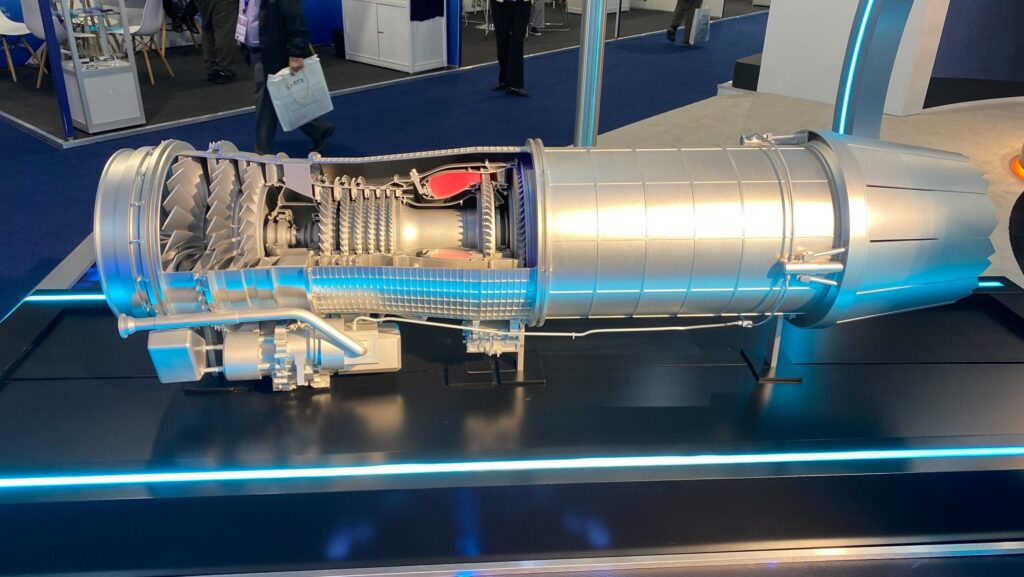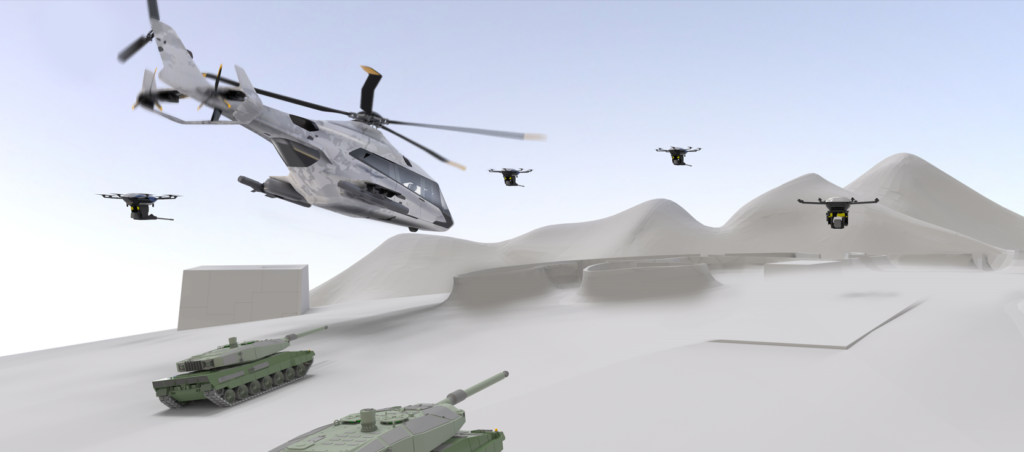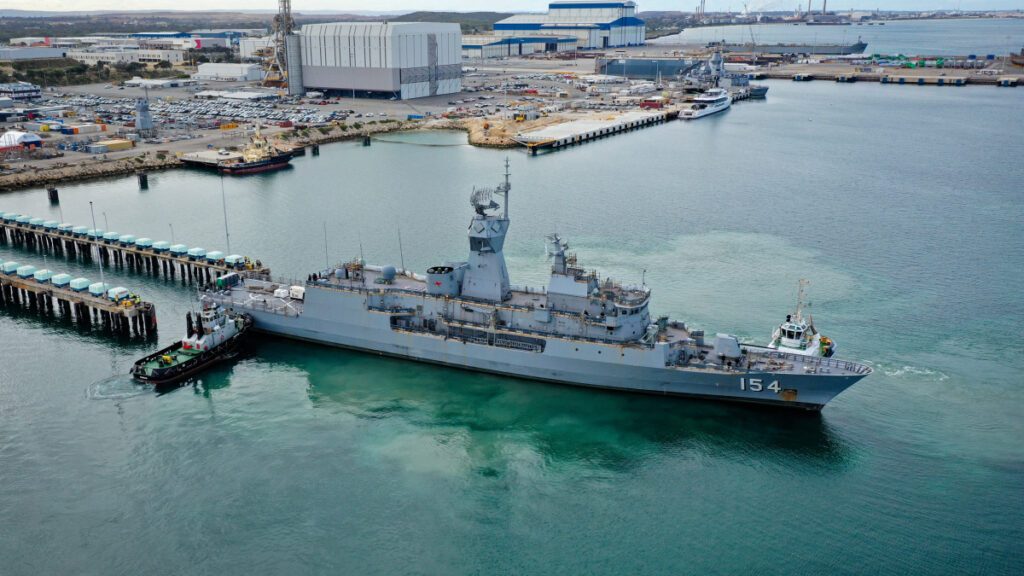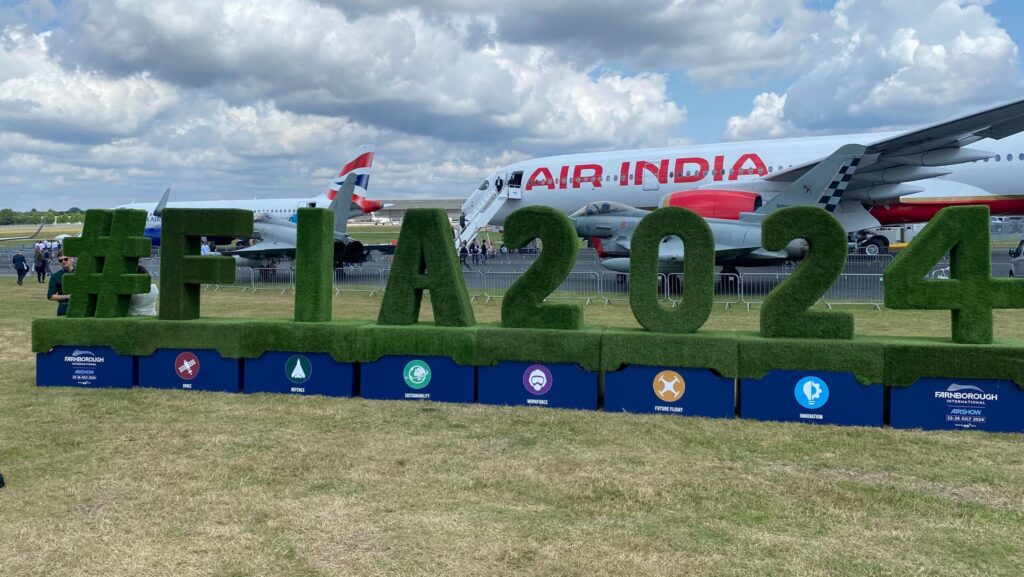Members of the US and Australian Submarine Attack Coordinator Course pose for a photo (Australia Department of Defence)
CANBERRA — Australia’s government must provide a more thorough and public explanation of why it has committed to the AUKUS plan to buy nuclear powered submarines and reassess how it and the United States manage their alliance, top experts on US-Australian defense tie said at a conference this week.
“The prime minister needs to come and give a speech about AUKUS that is definitive on the strategic rationale that doesn’t mention jobs once, because it’s not about jobs. It’s about the strategic rationale and that needs to be clearly articulated to the Australian public, or a document needs to be put out by the government,” said Peter Dean, director for foreign policy and defense at the United States Study Center at the University of Sydney. Dean also had a substantial role in writing Australia’s Defense Strategic Review.
“It can’t be just a jobs program. It’s one of the most inefficient jobs programs in Australian history, but it’s actually not about jobs. It’s about the strategic environment we place and it’s actually about developing asymmetric capabilities for Australia to affect its own sovereign national defense.”
Dean and other experts spoke at a conference organized by the Australian National University, which brought in high-level movers and shakers from across Australia’s defense community. While such gatherings are common in Washington, this kind of conversation tends to happen behind closed doors in the Lucky Country and marked a rare chance to hear from defense experts in an open and on-the-record setting. (Breaking Defense accepted travel accommodations from Australian firm Qinetiq to attend a dinner in Canberra, which made coverage of the event possible.)
The secrecy of the government and the Defense Department — and what the experts view as an unwillingness to engage in debate — mean there’s “an information vacuum” that is being filled by those who oppose AUKUS, according to Dean.
Taiwan is the other strategic issue about which there is a policy vacuum, Dean said.
“We have a broken public debate in this country over Taiwan. It’s built around gotcha moments to politicians, and around this false sense that somehow we’ll be unreflectively fighting a war with the United States that it starts for primacy in the region over Taiwan,” he said.
For example, when Kurt Campbell, deputy secretary of state, said last week that AUKUS subs could be used “in cross-strait circumstances,” there was considerable discussion in newspapers and on TV about whether this meant Australia would be required to deploy its Virginia-class or SSN AUKUS subs in the event of a conflict involving Taiwan.
The recently confirmed commander of US Indo-Pacific forces, Adm. John Aquilino, had to quickly come forward and said it would be “Australia’s call” whether to use the boats.
That sort of exchange, Dean said, shows the discussion about Taiwan policy is disfunctional.
Dean was joined in this critique, from another perspective, by Lavina Lee, senior lecturer of security studies at Macquarie University. She argued that the government has not been clear with the Australian public about why it should worry about China.
“The government has not robustly made the case to the Australian public on why China is a threat to Australian interests. The deliberate toning down of criticism of Chinese behavior and policy in order to stabilize the bilateral relationship makes it very difficult to have these types of conversations,” Lee said.
“But some of these conversations are really hard conversations that you have to be very brutally honest about — the threat of China. And at the moment, I think they’re holding back and that means that they can’t have these conversations.”
Stabilizing The US-Australian Alliance
Beyond strengthening understanding of the AUKUS plan for Australia to buy at least three American-made Virginia-class submarines and build a small fleet of SSN AUKUS boats, Australia also needs to reevaluate how it manages the alliance with the United States and just what role the alliance plays, Dean and Lee said, in light of both China’s rising power and the possibility of a second Trump presidency.
#POLLING | 2022 polling from the @USSC showed 62 per cent of Australians supported expanding #AUKUS to include Japan. 55 per cent of Americans agreed.
Read more here 👇 https://t.co/sGA6t9pvCm#JAUKUS pic.twitter.com/0L4GHOamW1
— United States Studies Centre (@USSC) April 11, 2024
The need for a reassessment is driven mainly by the changing power dynamic in the region. China and India are fast-rising powers, both economically and militarily. Dean said “the most significant change” is the “relative decline” of US power and “the rise of a more multipolar regional order and a return to strategic competition in the Indo-Pacific” for the first time since the Second World War.
Lee noted that Australia “has no means to shape the regional balance in our favor, or any kind of strategic equilibrium in the absence of its alliance with the United States. We need to help the United States to remain present in the region and to be able to project power within it. We need hard power and powerful friends to be a shaper rather than a taker. Without both we would sit at the level of countries in Southeast Asia that have, in truth, little means to influence regional affairs.”
There is a strong and persistent history of Australia, geographically isolated as it is, worrying about being “abandoned” by the US and other friends. So the prospect of a second Trump presidency has many worrying about how he will approach AUKUS and the Australian alliance with the United States. After all, the former president has made very loud noises about letting Russia attack any NATO country that does not spend enough on defense without the US coming to their aid and has proposed cutting a deal giving Crimea, part of Ukraine, to Russia in return for peace.
“A Trump presidency will bring with it a brutal assessment of what we bring to the table at present, and with additions to our maritime capabilities not likely until 2033 to 2035. Australia can offer the United States useful strategic real estate. It is an open question whether a Trump presidency will think this is a sufficient contribution to the alliance, and how he will look at the absence of a significant increase in [Australian] defense spending until 2027.”
She echoed comments by a number of attendees at the conference about the state of the alliance right now. “The nightmare for allies is that the United States won’t be there to defend us when we need them. The US nightmare is that its allies won’t have the capability or resolve to be with them in a possible war. Allies are used to essentially free riding on the United States to look to the United States to expend blood and treasure on our behalf. In a situation where US primacy no longer exists, the Trump administration is likely to make calculations about whether allies are worth defending,” Lee said.
Mike Green, CEO of the United States Study Center, said he most important issue to be faced over the next few years is “how we make the alliance fit for purpose in a contested Indo-Pacific.”
One of the foundational conclusions guiding Australian defense policy today is that “Australia no longer has the luxury of 10 years warning” to change policies and prepare for war, he added. “When you think about American alliances, where the warning time is zero, you get Korea, you get NATO. The motto of the US forces in Korea is, ‘we fight tonight,’ because you have to be ready to fight tonight, with a joint and combined command structure. We don’t have that with Australia.”
An interesting parallel in the news is the relationship between the US and Japan. Green noted that one of the key commitments by the United States and Japan during this week’s state visit is much closer coordination between the two militaries. For its part, Japan has already decided to create Self-Defense Forces (JSDF) Joint Operations Command to enhance command and control of the JSDF.
Standing with Japanese Prime Minister Fumio Kishida in the White House Rose Garden, President Joe Biden said Wednesday the several actions taken together mark “the most significant upgrade in our alliance since it was first established.”
Japan, the United States and Australia will create a networked system of air, missile and defense architecture. South Korea and Japan have already committed to share missile defense targeting data.
Australia’s Prime Minister Anthony Albanese explicitly ruled out the possibility of Japan joining the AUKUS Pillar I partnership on Tuesday but said Tokyo is a “natural candidate” for Pillar II collaboration, under a potential “project by project” approach, in line with the various efforts that cover the secondary effort to explore advanced technologies including quantum computing, AI and hypersonic systems.
“What is not proposed is to expand the membership of AUKUS,” Albanese told reporters at Parliament House, according to an online transcript of his remarks.



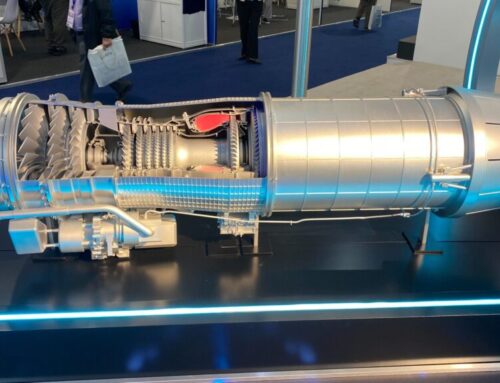

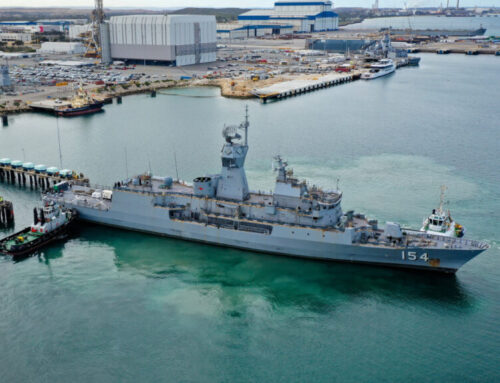
![The sights from the 2024 Farnborough Airshow [PHOTOS]](https://centurionpartnersgroup.com/wp-content/uploads/2024/07/IMG_8722-scaled-e1721930652747-1024x577-hZjwVb-500x383.jpeg)
